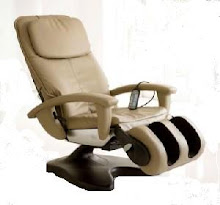
Once upon a time when you injured a hand, wrist, elbow, ankle or any other joint, you were either wrapped in plaster or bandaged up.
Both of these options still have their place, but there are many purpose designed supports and braces that can take the place of, or supplement, these “old style” treatments.
Modern elastic supports can be used to offer compression and warmth to damaged knees and shoulders whilst still allowing them to have a degree of motion. Many of these aids can be used for recovery from some kind of injury, rehabilitation from medical treatment or, increasingly, for use in sport as an active way of reducing the occurrence of strains, sprains and stress injuries.
The variety of these aids is now vast and you can explore some of the many sleeves, pads and braces that available online.
Basic supporting aids include elastic sleeves, but more complex and rehabilitative options have frames that include hinges and different ways of setting the allowable range of movements that a joint can have. This results in a very large number of support-type options being available.
To make matters even better, these sleeves can be removed, washed, and many are made from none itch antibacterial fabrics that are comfortable to wear and do not irritate the skin.
These supports have become so popular that many high level athletes wear these contraptions all the time when they are performing. Partly to protect themselves and partly because they can make a joint or collection of muscles feel protected and secure.
The most common of these aids are the numerous sleeves that can be worn around the knees and the thigh compression versions that keep hamstring muscles warm and feeling secure.
Medical supports include those used for the neck after, e.g. whiplash damage, and hernia belts that can keep everything in place whilst a patient waits treatment in hospital. These aids not only help in recovery, but they significantly reduce patient pain which can be quite severe.

No comments:
Post a Comment